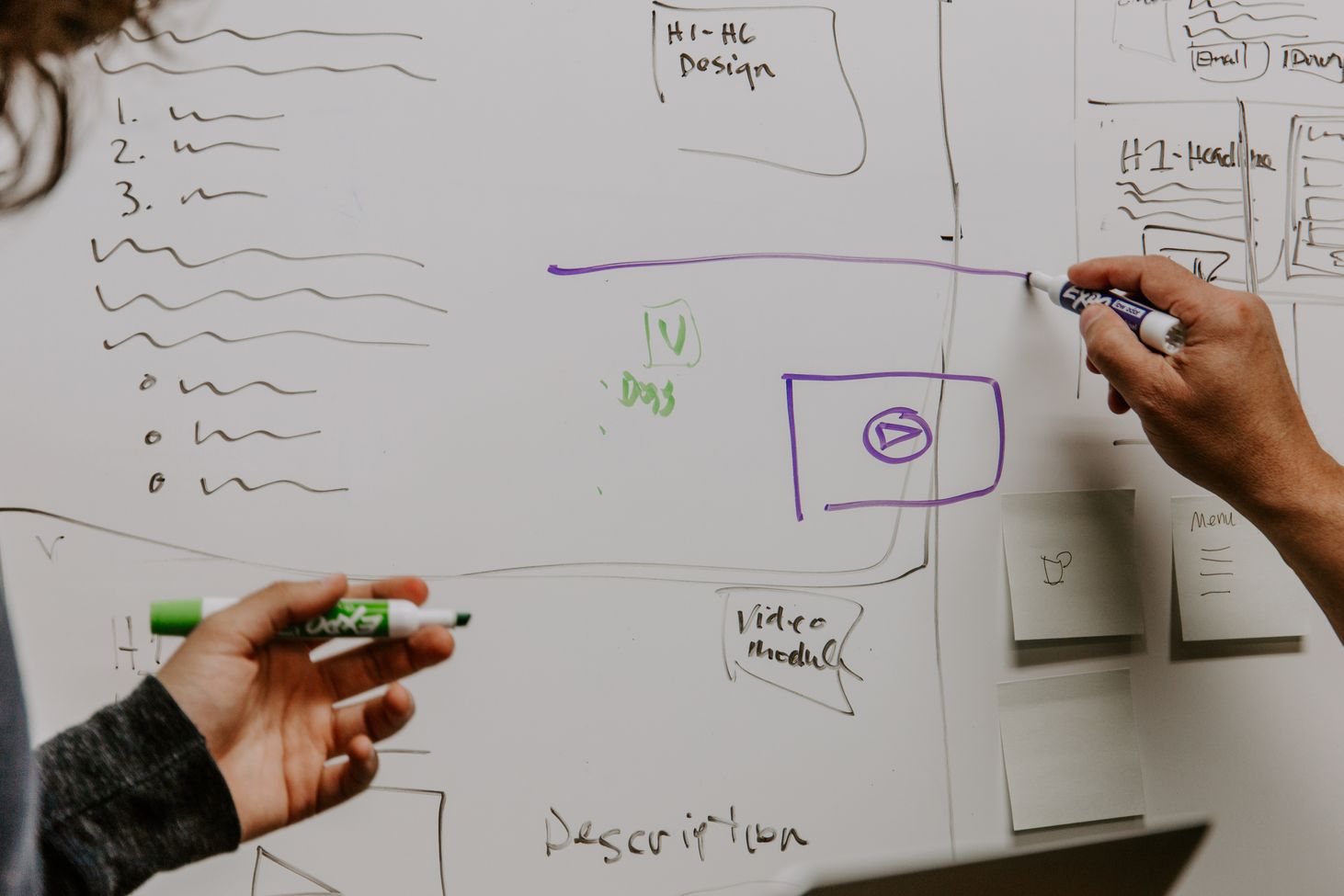Recipe for a more productive and inclusive meeting

Like with most organizations, meetings is a part of the daily work experience at VMware. Being the extrovert that I am, experiences with meetings are generally pleasant. It mostly depends on what we are discussing versus the way we're discussing it.
Over the years, I've learned that this is not true for everyone. The way we're discussing things in a meeting can easily determine who will be participating and more importantly, who will end up making an impact and influence decisions.
As I spend more time in meetings rooms, I've been learning and experimenting with a few tricks to make meetings more productive and to ensure everyone, especially those who might not always be heard in meetings, more comfortable to speak up.
Agenda
Agendas are one of the most underrated elements of a meeting invite. Think of the number meetings that you've been to in your life where the first 20 minutes is spent on aligning everyone on the purpose of the meeting, what's out of scope, and what's the decision or plan you're trying to achieve out of the discussions.
An agenda on its own is not enough but it's a starter. As of recently, I've been rejecting any meeting invite that does not include an agenda or did not result of a previous discussion in person or over email that makes the topic of the meeting clear. Requiring the person initiating the meeting, including me, to think clearly of the details as well as the goal of the meeting in advance is a reasonable expectation.
Agendas also allow everyone on the invite the needed time to look up any information they might need in advance and allows those who might process information differently to prepare more articulate arguments for their position.
Starting with a Word document
Another tool that I've been testing is to start any meeting with a Word document that includes either the agenda or some expanded thoughts on the agenda. I would then share that document with all attendees and ask them to spend the first 5 - 10 minutes depending on the level of details and length of the meeting to read the document and provide brief comments on sections they're interested in.
This has been an extremely important element in bringing everyone's thoughts on the table. Many members of the team, especially introverts, junior designers, remote employees, and others are now comfortable to share a quick note on a document. This allows me, the person running the meeting, to simply ask them to expand on their thoughts, versus expecting them to jump in between arguments, since I have an understanding of the position they'd like to take. I've learned that bringing different perspectives into a discussion requires accepting different ways to provide that input. Writing isn't the only one and sharing a Word document to begin with isn't either but it is one way.
Sharing notes and setting expectations
Finally, I try my best to always share my expectation that leaving the room means the notes we're all looking at on that document is a representation of the meeting we've just had. It doesn't mean we all agree, and hopefully we've aired our disagreements in the room and are ready to commit, but it does mean that if we've made a decision everyone is ready to accept it. If the decision is important enough, I generally ask everyone to take a day or so to look over the notes in that document and share on the document itself any additional thoughts they might have and how it impacts that decision.
We also highlight any specific action items in that document to ensure that every single member of the team is aware not just of the final decision or plan but also of the impact that plan have on their work.
It's important to set expectations around the level of commitment expected from every attendee. It's also important to make sure they're aware of what they're committing to either when it comes to action items or decisions they're expected to make as a next step.
Although I've been trying this on daily basis, I haven't yet been able to get in the habit of doing this for every single meeting. I'll continue to try but so far, the meetings where I've tried this are the best ones I've had.
My Name Is Jehad Newsletter
Join the newsletter to receive the latest updates in your inbox.

